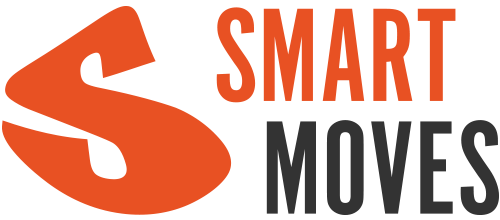Does it make sense to move?
Yes, it really does. The effects of the physical activity extend across all aspects of life. Exercise has a miraculous effect on us: it helps us learn, improves fitness, enhances self-esteem and relieves stress. Interaction skills are also developing and you may make new friends when you move with others.
Physical well-being
Physical activity:
- Improves the function of the respiratory and circulatory systems. The heart muscle gets strengthened, blood circulation increases, and oxygen utilization becomes more effective.
- Lowers blood pressure.
- Enhances metabolism, thereby improving the insulin leves in the blood.
- Promotes the lipid leves of the blood: increases HDL cholesterol and lowers the amount of LDL cholesterol in the blood.
- Strengthens the bones. Skeleton-strengthening workouts include jumps and quick changes of direction.
- Improves the muscle condition. Diverse physical activity makes the muscles bigger, stronger and more enduring.
- Improves movement control such as balance, agility, coordination, speed and ability to react.
- Helps with weight management, as it consumes energy and affects positively on body composition.
Versatile physical activity improves the function of all organ systems equally:
- respiratory and circulatory systems: endurance, speed and strength endurance exercises
- musculoskeletal system: musculoskeletal exercises, mobility exercises, jumps
- neuromuscular system: skill and technique exercises, speed exercises
Practicing many sports does not necessarily always mean versatile exercise: Active skiing and cycling is good training for the respiratory and circulatory systems, but muscle strength and mobility as well as many movement control abilities are easily overlooked.
By practicing tennis and football, one promotes one’s movement control abilities in a versatile way and also maximum endurance is developed, but the basic endurance training may stay deficient.
Mental well-being
Physical activity:
- Relieves stress by reducing the secretion of the stress hormone cortisol, and by taking your mind away off perplexing thoughts.
- Brings joy into life. Movement accelerates the secretion of neurotransmitters and provokes feelings of pleasure.
- Promotes a healthy self-image. Safe and relaxing physical activity gives positive experiences and experiences of success, which at best improves self-esteem.
Social well-being
Physical activity:
- Develops interaction skills. Exercising in a group teaches one to be considerate of others and to follow common rules.
- Provides the opportunity to acquire social relationships and maintain existing friendship relationships.
- Improves empathic skills.
Learning
Exercise affects learning. It increases brain volume and activity in the areas where memory and executive functions take place.
By physical activity, you can improve:
- attention, memory and the ability to concentrate
- sensory functions and the ability to mix sensory information
- spatial ability linguistic and mathematical skills.
Diseases
By physical activity one may prevent, treat and rehabilitate many diseases.
Physical activity reduce the risk of:
- type 2 diabetes
- cardiovascular diseases
- musculoskeletal disorders
- some cancers
- as well as depression.
